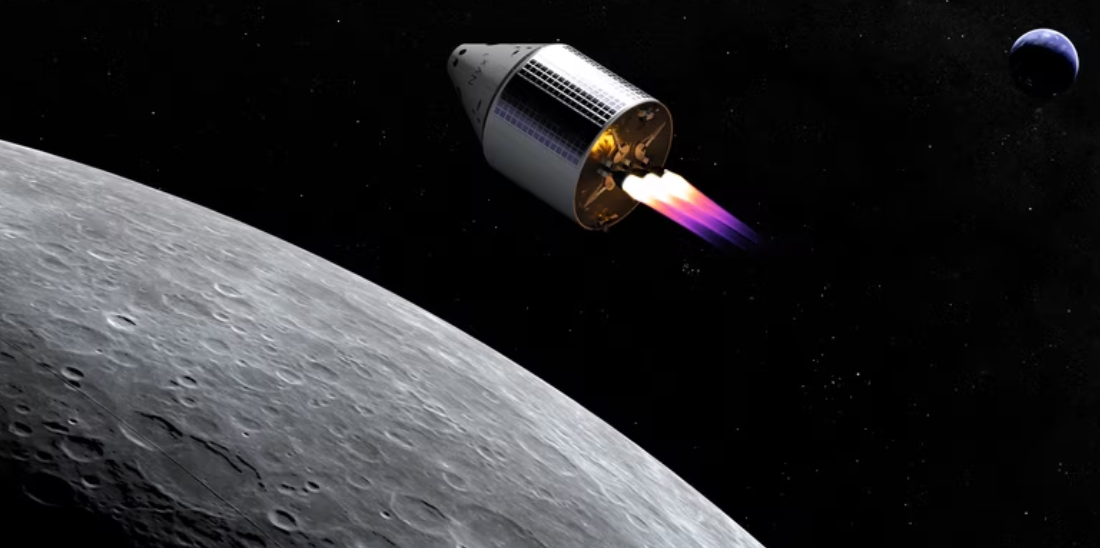A Dubai-based startup is creating powerful computer software models to create 3D-printed space rocket engines.
The Computational Engineering Model, a piece of software that generates algorithms for the design and building of spacecraft systems, was created by LEAP 71, which established its headquarters in the UAE this year.
Recently, the business established a relationship with The Exploration Company of Europe in order to create propulsion system designs for TEC’s rocket.
According to LEAP 71 founder Josefine Lissner, the engine is anticipated to be tested at some point in 2019.
We have created an algorithm that can produce rocket engines, Ms. Lissner said on Wednesday to The National.
You may tell it, for instance, that you require a rocket engine and how much thrust and propellant it has to have. It’s like a code library.
It will produce a whole rocket engine in five to ten minutes.
If the engine performs as expected, LEAP 71’s work could revolutionize the way spacecraft systems are created, lowering costs and accelerating the development of those technologies.
In its quest to win over new customers in the space industry, LEAP 71 considers the contract with TEC a major victory.
The Nyx reusable spacecraft is being created and manufactured by TEC.
In order to establish freight transportation services for a commercial space station it is creating, it last week signed a contract with Axiom Space.
Co-founder and CEO of TEC Helene Huby said that employing computer models like those created by LEAP 71 could hasten the construction of engines.
“The conventional approach to engineering is one of the challenges for reducing the cost of space exploration,” she stated.
“Complex items, like rocket engines, are challenging to design, and each iteration with conventional CAD-based [computer-aided] tools can sometimes require a large amount of human rework.
We want to engineer more quickly using computational models so that we can print and test more quickly, expediting the development and verification of our engines.
The UAE’s objective of making its nation the regional center for spacecraft system development is furthered by LEAP 71’s new location in Dubai.
In order to foster the growth of the commercial space industry, the Emirates has focused heavily on luring space corporations to establish operations here.
In a prior interview with The National, Sarah Al Amiri, Minister of State for Advanced Technology and Chairwoman of the UAE Space Agency, stated that the space sector would play a part in Operation 300bn, a plan to establish the nation as a worldwide industrial centre by 2031.
“It’s very evident that we need to establish a private sector and, therefore, an industry in space as we move forward with Operation 300bn,” she said.
The majority of the UAE’s present space industry is devoted to local and federal government spending and initiatives.
“Today, we’re discussing a segment of the space industry that indirectly affects the economy. We want the space industry to have both a direct and indirect impact on the economy in five years, as well as on society.
Access to locally made space technologies would result from the industry’s eventual growth.

